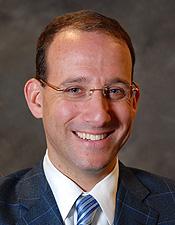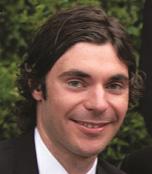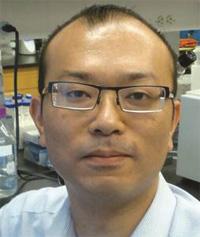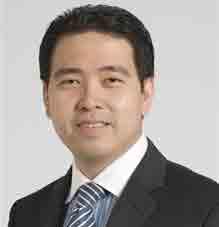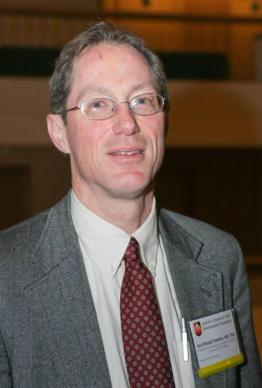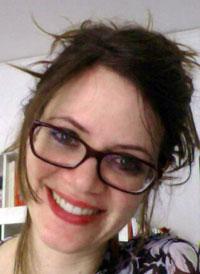Grants and Grant Recipients
Grant Year: 2011
Dr. Mehta will study the use of Quercetin, a naturally occurring flavonoid (antioxidant) in patients with
Fanconi anemia
Fanconi anemia:
A rare inherited disorder that happens when the bone marrow does not make enough blood cells (red cells, white cells, and platelets). Fanconi anemia is diagnosed early in life. People with Fanconi anemia have a high likelihood of developing cancer. Genetic testing is used to diagnose Fanconi anemia.
, one of the most common congenital
bone marrow failure
bone marrow failure:
A condition that occurs when the bone marrow stops making…
TET2 is one of the most frequently mutated genes identified in patients with
myelodysplastic syndromes
myelodysplastic syndromes:
(my-eh-lo-diss-PLASS-tik SIN-dromez) A group of disorders where the bone marrow does not work well, and the bone marrow cells fail to make enough healthy blood cells. Myelo refers to the bone marrow. Dysplastic means abnormal growth or development. People with MDS have low blood cell count for at…
(MDS). This study will help explore new avenues for the cure TET2 mutations, and Dr. Mukherji says he and his colleagues “will use our expertise to…
Grant Year: 2010
Grant Year: 2009
Grant Year:
RACE is a phase III randomized study initiated in 2015 whose aim was to evaluate whether the standard first-line therapy for severe
aplastic anemia
aplastic anemia:
(ay-PLASS-tik uh-NEE_mee-uh) A rare and serious condition in which the bone marrow fails to make enough blood cells - red blood cells, white blood cells, and platelets. The term aplastic is a Greek word meaning not to form. Anemia is a condition that happens when red blood cell count is low. Most…
(anti-thymoglobuline and
cyclosporine
cyclosporine:
Cyclosporine is used along with antithymocyte globulin (ATG),…




